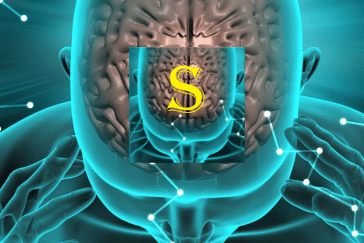Read more from the blog

Unlocking Success: 5 Habits of Gig Workers That Captivate Clients in Seconds!
December 1, 2025
Unlocking Success: 5 Habits of Gig Workers That Captivate Clients in Seconds!
In the dynamic world of gig work, standing out

Meet Solomon – The Stoicess AI Coach
November 30, 2025
Say Hello to The Stoicess AI Coach:
SOLOMON
Improve Your Leadership, Your Career, Your Life
* AI Executive Leadership Coach
* AI Leadership Coach
*